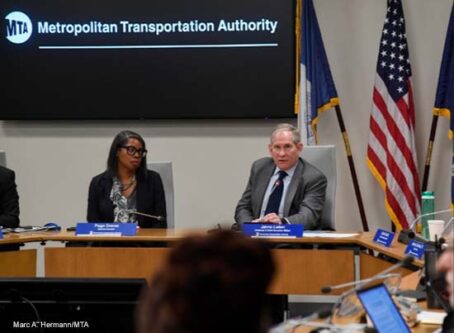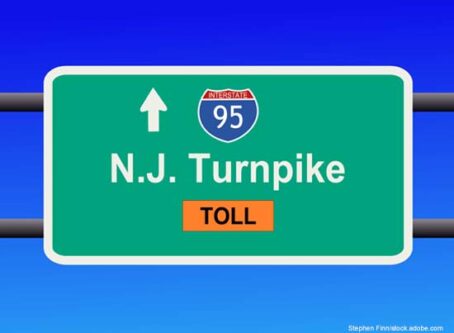ATA argues tolls are not taxes in Rhode Island lawsuit
The American Trucking Associations continues to battle Rhode Island in the courtroom over the state’s truck-only tolls. Now in the appellate court, ATA is arguing that technically tolls are not taxes, and therefore a law blocking lawsuits against taxes does not apply.
On Wednesday, May 22, ATA filed its appellate brief in the case against Rhode Island’s truck-only tolls. In March, a federal district judge granted RIDOT Director Peter Alviti Jr.’s motion to dismiss based on the argument that tolls are taxes.
Per the Tax Injunction Act, lawsuits that “enjoin, suspend or restrain” collection of state or local taxes, except where no “plain, speedy and efficient remedy” is available in state court are barred.
ATA is now claiming that tolls are not taxes within the meaning of the Tax Injunction Act. Consequently, the federal district court erred in dismissing the case based on the act. In its brief, ATA states the dismissal “departs from the language, history, policy and consistent judicial construction of the Act.
Backing its claim, ATA claims that it was settled at the time of Tax Injunction Act’s enactment that tolls are not taxes.
“It remains black-letter law today that ‘user fees (a toll for crossing a bridge, for example) are not taxes in either lay or legal lingo,’” ATA states.
In fact, ATA claims that evoking the Tax Injunction Act for tolls is unprecedented. The brief states that federal courts, including the First Circuit that is hearing ATA’s appeal, have routinely heard challenges to state highway tolls and similar user fees without anyone bringing up the Tax Injunction Act.
ATA says that the district court’s dismissal of its case is the “only ruling, from any court, that has ever found the Tax Injunction Act applicable to challenge to a highway toll or similar user fee.” (emphasis ATA’s).
Using perhaps a loose interpretation of “fees” and “taxes,” the district court justified applying the Tax Injunction Act to ATA’s lawsuit by explaining that for a toll to be an actual toll there must be a “direct correlation between the fee or toll and the use of the (tolled) property.”
The court went on to say that Rhode Island’s truck-only tolls, “while dubbed ‘tolls,’ are really a highly targeted and sophisticated tax designed to fund infrastructure maintenance and improvements that would otherwise need to be paid for by other forms of tax-generated revenue.” Consequently, the court applied the Tax Injunction Act to the case and granted summary judgement to Alviti.
ATA countered that assessment by pointing out the following regarding Rhode Island’s toll:
- Tolls are imposed by an agency, not the legislature.
- Tolls fall on only a very small subset of the population.
- Amounts collected are placed in a special fund and may not be directed to the state’s general fund.
- Tolls are administered by RIDOT and RITBA, not by state tax officials.
- The legislature characterized the charges as tolls, not taxes.
“At the time that Congress enacted the TIA, tolls were universally understood not to be taxes,” ATA argues. “Courts continue to this day to conclude, in the widest range of contexts, that tolls are not taxes. And tolls lack the elements that courts have found to characterize taxes in the particular setting of the TIA. The district court’s contrary holding was incorrect.”









